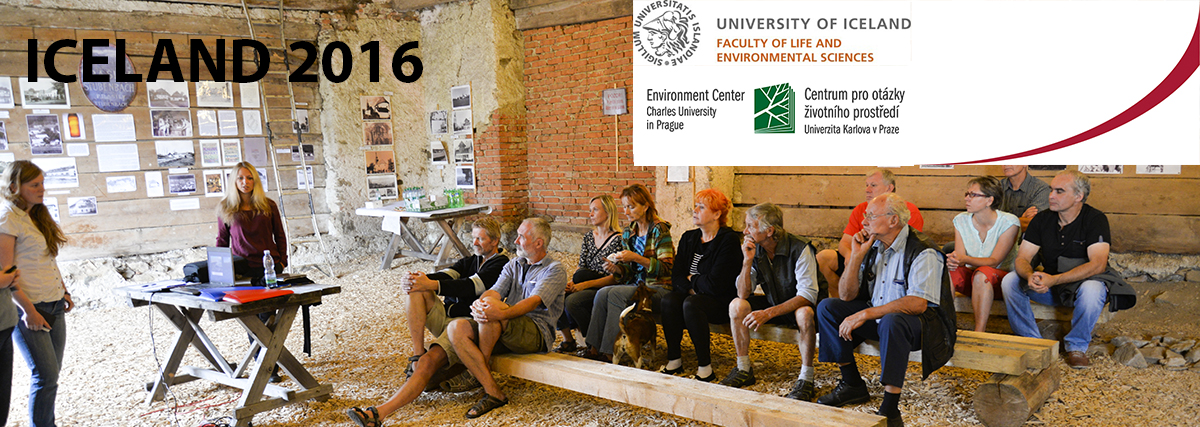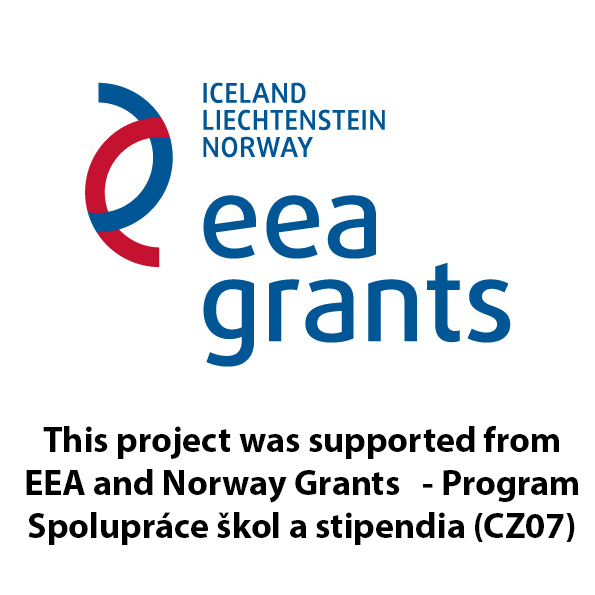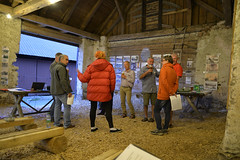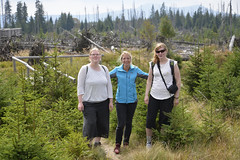
 Potential for sustainable tourism in ecologically sensitive regions
Potential for sustainable tourism in ecologically sensitive regions
The project will establish institutional cooperation, develop joint research program, and build capacities for cooperation in teaching. The partners will sign an Agreement of understanding; jointly develop a methodology to assess potential for sustainable tourism and use it in CR national park Sumava. This region will be explored, local stakeholders contacted and interviewed, data analysed and case study written which will serve for comparison with similar cases in Iceland. Research report will be produced (basis for joint article published beyond the scope of the project); case study will be elaborated into the teaching case and used in an international online course which will be taught in WS/2016. The project outcomes and gained expertise will be presented to local stakeholders who will become more informed about sustainable tourism, its benefits and means to achieve this sustainable path. The theme of the project is innovative in CR in the sphere of research and higher education.
Donor
DZS - EHP Grants. This project was supported from EEA and Norway Grants - Program Spolupráce škol a stipendia (CZ07)
Duration
January 2016 – September 2016
Responsible in CUEC
Jiří Dlouhý -
Project description
The aims of the project are institutional cooperation, development of a joint research program, and cooperation in teaching. The two institutions have not cooperated previously to this project and the links will be established within this project. In terms of outcomes, shared research methodology would be developed and applied in CR, where data will be collected and used for development of case study. Experiences of both partners will be efficiently used: the Icelandic partner has tradition in sustainability research focused on social aspects and applies participatory qualitative system analysis and uses geographical information systems within the sustainable tourism theme, for which stakeholder choice and invitation is crucial. At UI the development of sustainability indicators has been based on such methods, in addition to Delphi surveys. Czech partner develops methods of actor analysis to explore negotiation and decision making processes and builds extensive Czech database of regional development case studies which are consequently analysed from the sustainability point of view. Moreover the Czech institution is concerned with sustainability indicators with regards to e.g. social learning. Within this project jointly selected indicators of sustainable tourism will be tested to assess potential for tourism in the concerned region. Exchange of experiences and know-how is perceived as beneficial for both sides: Iceland which has unique but very vulnerable environmental conditions, and where demand for tourism is growing enormously; CR which has long tradition in of tourism but short tradition of academic discussion of sustainable tourism. In both countries transition to sustainable tourism in practice is still a challenge. Both countries would thus benefit from the project – higher education institutions will develop joint research program on sustainable tourism that will concentrate on its social aspects; both will be involved in the international teaching program which will use the produced case study; relevant regions from both countries will receive sustainability expertise; communication with stakeholders will take place on the Czech side (experiences from Iceland would thus be transferred). Research will result in a research report; due to capacity building character of the project proposal it will be used for publication of the joint peer-reviewed article beyond the scope of the project (publication process lasts approx. one year).
Tourism has been adapted as a strategy to cope with geographic and demographic vulnerability but the tourism industry is dependent on carrying capacity of ecosystems; and has various direct and indirect impact on stakeholders. Hence, tourism stakeholders’ point of view is important to assess potential of sustainable tourism in the region. Especially deficient in research are descriptions of perspectives, experiences and knowledge about what sustainable development and sustainable tourism development means in the context of their community; what are the social impacts of tourism; how to evaluate sustainability in tourism development. This need is critical in the peripheral areas where relatively unspoiled nature (with especially fragile ecosystems) and low population density attracts numerous tourists. Because of this, sustainable use of natural resources in these communities becomes a necessity to be able to make a living and maintain a good quality of life. Research in tourism development should thus include local variables of community development where all tourism stakeholders are taken into account. Project will also address the lack of relevant resources for education: in the universities of CR, tourism related programs are studied mainly in the faculties with economic orientation or with regards to language skills (43 specialisations); no sustainable tourism related specialisations have been found among almost 10 000 of specialisations accredited in CR (MSMT CR database, 2015).
Photogaleries
You can display the whole galery by clicking on the image
Public discussion in Prášily
Research at Šumava





